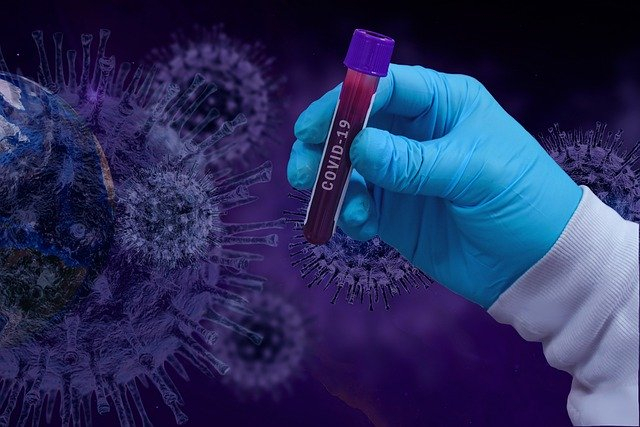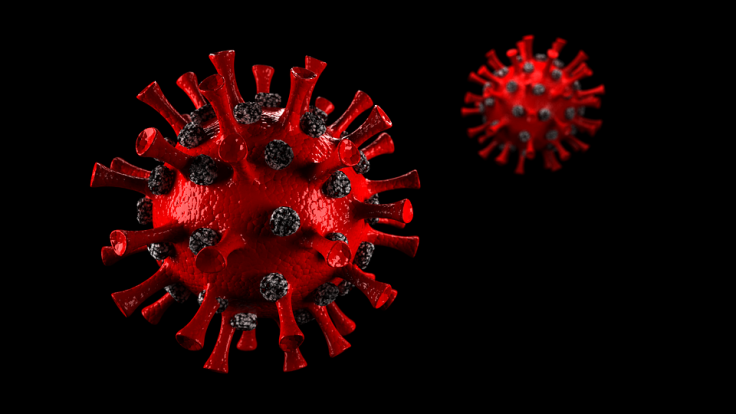New test to detect novel coronavirus developed and designed by US Military might be able to identify the carriers of coronavirus even before they become infectious and this could prove to be a "game-changer"
The breakthrough is a result of a project by the US military's Defence Advanced Research Projects Agency (Darpa), while the test is yet to be approved by the US Food and Drug Administration (FDA), reported The Guardian.

The blood test designed by the scientists, gives them hope that it could detect the presence of the pathogen as soon as 24 hours after infection, while the current test would take four more days that the new blood-based test, this means that patients can be isolated way before they spread COVID-19 to others.
Dr Brad Ringeisen heading Darpa's biological technologies said that the test could almost prove to be an absolute "game-changer," once approved by the FDA, while the innovation could fill the diagnostic and testing gaps worldwide.
How it works?

The test would look for the immune response of the body in fighting the COVID-19 infection, as opposed to the present nose-swab tests that look directly for the virus itself. This is because the body's mRNA (messenger RNA) from the immune response develops immediately after getting infected, while directly looking for novel coronavirus from nose/throat swabs would take days as the virus takes time to incubate itself in the body to be detectable.
This was "a simple tweak," to the existing PCR test according to Dr Eric Van Gieson, he set up Darpa's epigenetic characterization and observation (ECHO) in 2019 that diagnoses biological warfare victims which now is redirected to focus on coronavirus pandemic. The test has the potential to carry out up to a million tests per day in the US and can start with 100,000 daily in May, he added as the infrastructure for this was already there.
Based on previous research
The researchers predict this based on previous research on other viruses such as influenza and adenovirus. Research already shows more than 95 percent accuracy level, which may also change, Van Gieson said. It is harder to collect blood samples compared to nose swabs, but more reliable. Swabbing can show false negatives, said Prof Lawrence Young from Warwick University. Emergency use approval (EUA) by the US FDA is awaited by the next week.









